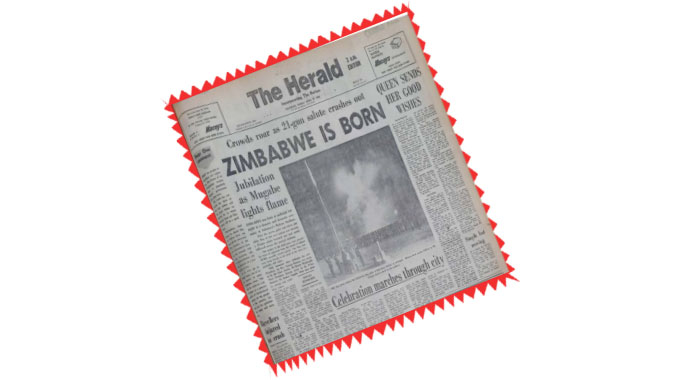Council to install in-line chlorinators
Paidamoyo Chipunza Senior Reporter
Harare City Council is working on installing in-line chlorinators as a long-term solution to making water from all its 235 boreholes, a majority of which are contaminated, safe for human consumption, City Health director Dr Prosper Chonzi has said. Responding to questions from The Herald after an Oxfam organised clean up campaign in Mbare yesterday, Dr Chonzi said seven boreholes from Mbare, whose flow was interacting with sewer bursts were decommissioned.
He said the intention was to decommission all the 13 contaminated boreholes in the area. “The idea is to treat water at the point of use and this is what we are trying to address with the concept of in-line chlorination so that all borehole water is safe for drinking once more,” said Dr Chonzi.
“But we are also decommissioning some of the boreholes whose water cannot be chlorinated even at point of use.”
Dr Chonzi said following several safety and quality tests on borehole water in Harare, the municipality saw it fit to re-introduce the concept of in-line chlorinators. He said council already has 200 gadgets in stock and installation was expected to complete within the next month.
“We have already started installations in some of the suburbs and the intention is to install in-line chlorinators on all our 235 boreholes in the city,” said Dr Chonzi. Dr Chonzi said the municipality was now engaging and training communities to manage the boreholes so that they are not vandalised.
Health and Child Care Minister Dr David Parirenyatwa recently revealed that at least 95 percent of borehole water in Harare’s northern suburbs was contaminated. His views were confirmed by samples of water obtained by The Herald from different boreholes in the same suburbs, which revealed that the majority of them were indeed contaminated.
Speaking after a clean-up campaign in Matapi in Mbare, Oxfam programme manager Ms Parvin Ngala said her organisation and other players were assisting the municipality to ensure that there would be proper maintenance of the water points.
“We’ve been training water point committees so that they will be able to see how it functions, make sure that they have access to the relevant chlorination tablets and linking them to where they will be able to procure them,” she said.
Ms Ngala said the trainings were expected to end today. She said Oxfam continued to work closely with the municipality in curbing the typhoid outbreak that has so far seen a total of 406 suspected cases recorded in Mbare alone since December 28. Apart from the in-line chlorination training, Oxfam has also provided hygiene promotion material, distributed 23 350 bottles of water guard.





Comments